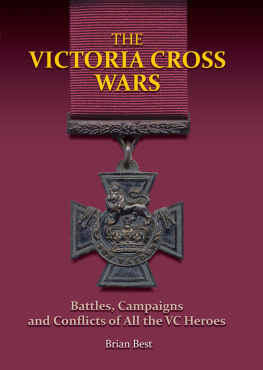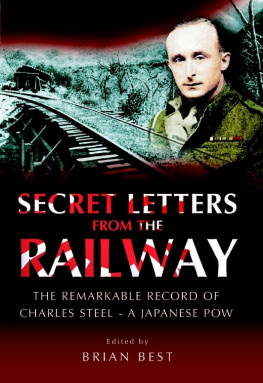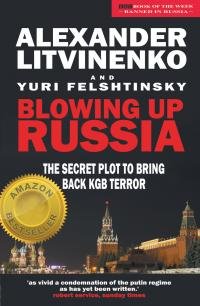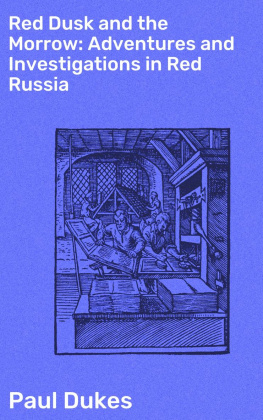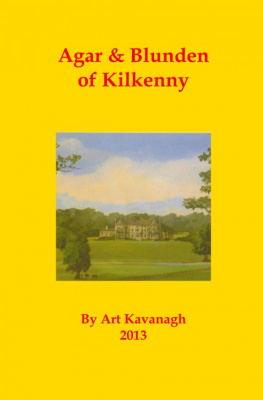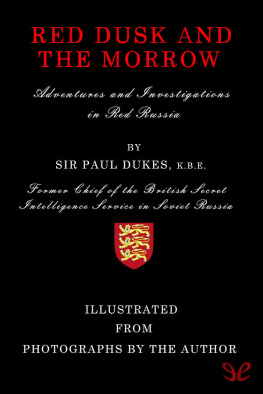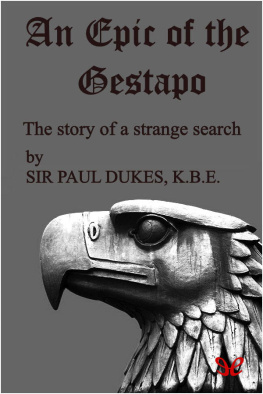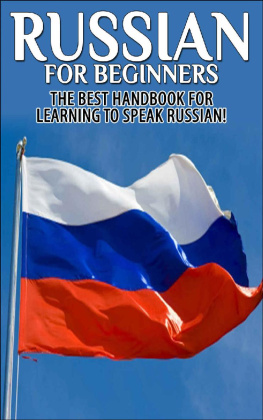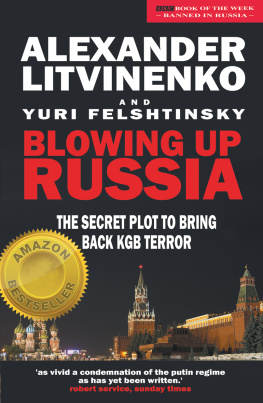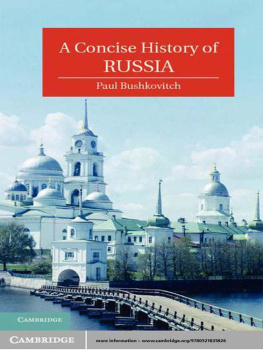Brian Best - The Secret War Against Red Russia: The Daring Exploits of Paul Dukes and Augustus Agar VC During the Russian Civil War
Here you can read online Brian Best - The Secret War Against Red Russia: The Daring Exploits of Paul Dukes and Augustus Agar VC During the Russian Civil War full text of the book (entire story) in english for free. Download pdf and epub, get meaning, cover and reviews about this ebook. genre: Detective and thriller. Description of the work, (preface) as well as reviews are available. Best literature library LitArk.com created for fans of good reading and offers a wide selection of genres:
Romance novel
Science fiction
Adventure
Detective
Science
History
Home and family
Prose
Art
Politics
Computer
Non-fiction
Religion
Business
Children
Humor
Choose a favorite category and find really read worthwhile books. Enjoy immersion in the world of imagination, feel the emotions of the characters or learn something new for yourself, make an fascinating discovery.
- Book:The Secret War Against Red Russia: The Daring Exploits of Paul Dukes and Augustus Agar VC During the Russian Civil War
- Author:
- Genre:
- Rating:3 / 5
- Favourites:Add to favourites
- Your mark:
- 60
- 1
- 2
- 3
- 4
- 5
The Secret War Against Red Russia: The Daring Exploits of Paul Dukes and Augustus Agar VC During the Russian Civil War: summary, description and annotation
We offer to read an annotation, description, summary or preface (depends on what the author of the book "The Secret War Against Red Russia: The Daring Exploits of Paul Dukes and Augustus Agar VC During the Russian Civil War" wrote himself). If you haven't found the necessary information about the book — write in the comments, we will try to find it.
The Secret War Against Red Russia: The Daring Exploits of Paul Dukes and Augustus Agar VC During the Russian Civil War — read online for free the complete book (whole text) full work
Below is the text of the book, divided by pages. System saving the place of the last page read, allows you to conveniently read the book "The Secret War Against Red Russia: The Daring Exploits of Paul Dukes and Augustus Agar VC During the Russian Civil War" online for free, without having to search again every time where you left off. Put a bookmark, and you can go to the page where you finished reading at any time.
Font size:
Interval:
Bookmark:
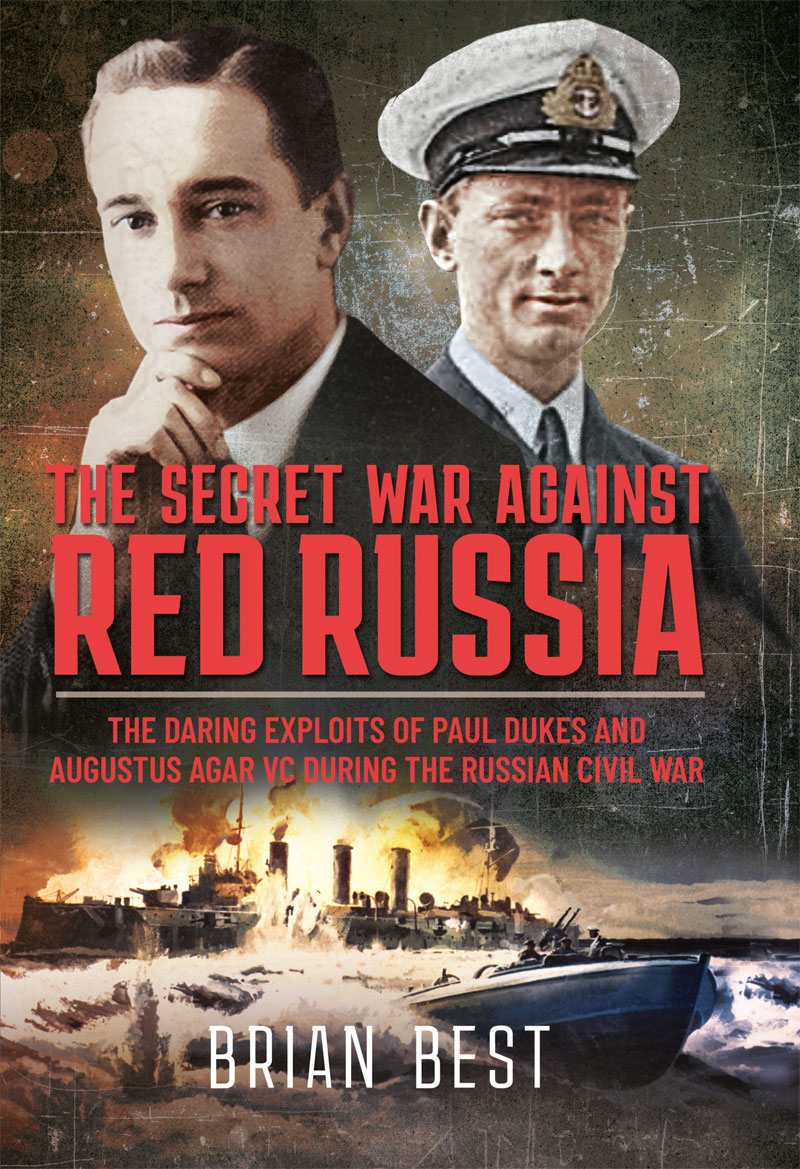
The Secret War
Against Red Russia
The Daring Exploits of Paul Dukes
and Augustus Agar VC
During the Russian Civil War
Brian Best

First published in Great Britain in 2022 by
Frontline Books
An imprint of
Pen & Sword Books Ltd
Yorkshire Philadelphia
Copyright Brian Best 2022
ISBN 978 1 39909 065 0
EPUB ISBN 978 1 39909 066 7
MOBI ISBN 978 1 39909 066 7
The right of Brian Best to be identified as Author of this work has been asserted by him in accordance with the Copyright, Designs and Patents Act 1988.
A CIP catalogue record for this book is available from the British Library.
All rights reserved. No part of this book may be reproduced or transmitted in any form or by any means, electronic or mechanical including photocopying, recording or by any information storage and retrieval system, without permission from the Publisher in writing.
Pen & Sword Books Limited incorporates the imprints of Atlas, Archaeology, Aviation, Discovery, Family History, Fiction, History, Maritime, Military, Military Classics, Politics, Select, Transport, True Crime, Air World, Frontline Publishing, Leo Cooper, Remember When, Seaforth Publishing, The Praetorian Press, Wharncliffe Local History, Wharncliffe Transport, Wharncliffe True Crime and White Owl.
For a complete list of Pen & Sword titles please contact
PEN & SWORD BOOKS LIMITED
47 Church Street, Barnsley, South Yorkshire, S70 2AS, England
E-mail: enquiries@pen-and-sword.co.uk
Website: www.pen-and-sword.co.uk
Or
PEN AND SWORD BOOKS
1950 Lawrence Rd, Havertown, PA 19083, USA
E-mail: Uspen-and-sword@casematepublishers.com
Website: www.penandswordbooks.com
The Armistice of 11 November 1918 ended four years of slaughter that had left the participants exhausted and the populations weary of war. One such mess that had been left was the unresolved problem of Russia and its Revolution that was threatening to engulf the Baltic States and Poland. The Russian Civil War of 191822 arose from the cataclysmic events of the First World War and dwarfed all others in scope and significance. There was little sympathy for the Tsarist regime and much suspicion for the Bolsheviks (a slang word for more men), which left the British caught between a rock and a hard place. Without a clear and firm policy, the Intelligence Service was given free rein to obtain information on what was happening in Russia. The public had little interest in the Russian Revolution, and Britains brief military involvement in Russia lasted some six months. In September 1918, the British decided to send a force to the northern ports of Murmansk and Archangel to reclaim the supplies they had sent during the war. In doing so, Britain became involved in a short, fruitless and largely forgotten conflict, which, nonetheless, produced five Victoria Cross actions.
The Secret Service came into force during the Edwardian period, when Britain and Germany were building warships which were progressively improving. In 1909 a joint initiative of the Admiralty and the War Office saw the start of two separate secret sections; the MI5 and MI6. The first director of MI6 (SIS) was Captain Sir George Mansfield Smith-Cumming, who typically signed his correspondence with a C in green ink, had a wooden leg and a craze for speed. His opposite director was Vernon Kel, a former head of the German Section of the War Office who was installed as head of MI5. The need for a well-financed secret service was impressed on Viscount Haldane, the Secretary of State for War. Most intelligence officers came from the middle class being the sons of military men and this gradually became less of a burden to the Secret Service as the decades followed.
On 28 December 1918, Cumming called on Lord Hardinge at the Foreign Office and secured his permission to our continuing our organisation in Russia at 3,000 a month until 31 March. Intervention in Russia began as an effort to shore up Russian forces fighting against the Central Powers, but after the Soviet government signed a peace treaty in the spring of 1918 with Germany, Britain and its allies found themselves aligned with counter-revolutionary White Russian elements in an escalating Russian civil war. The SIS activities in Russia had purely information gathering purposes but they became involved with direct anti-Soviet operations.
One of the major assassinations that took place during the First World War was that of Gregori Rasputin. During the lead-up to the Russian Revolution, he was a divisive figure coming from peasant stock, but was seen as a mystic and a prophet. In 1906 he acted as healer to the tsars only son, Alexei, who suffered from haemophilia, and was regarded by the royal couple as a visionary. The royal couples physician, Doctor Fedorov, admitted that the tsarina could not be blamed for thinking Rasputin was a miracle man. Rasputin would come in, walk up to the patient, look at him, and spit. The bleeding would stop in no time How could the Empress not trust Rasputin after that?
Rasputin had a darker side and was a drunken debaucher. He seemed to have a hold over the tsars family and there were many of the court who wished him dead. He held a mystic sway over the Royal Family and was influential in late Imperial Russia. One attempt on his life occurred on 12 July 1914 when a peasant woman named Chionya Guseva attempted to stab Rasputin in the stomach outside his home in Pokrovskoye. He was seriously wounded and thought he would die, but after surgery he rallied and made a good recovery.
His final demise occurred on 30 December 1916, when a group of nobles led by Prince Felix Yusupov lured him to Moika Palace in Petrograd (St Petersburgs name between 191424) with a view to killing him. The exact events surrounding Rasputins death are still vague and in dispute. Felix Yusupov was the ring leader and he invited Rasputin to a small but lavishly decorated cellar room in the Moika Palace. He was served red wine until he became drunk. Yusupov obtained a revolver and shot Rasputin in the side leaving him for dead. Rushing upstairs, Yusupov told the other conspirators that he had killed Rasputin. Driving to Rasputins apartment in an attempt to look as if he had returned home, they pretended to drop off Rasputin and return to Moika Palace. Rasputin found a gated doorway to a courtyard, stumbled and was shot in the back by Vladimir Purishkevich, one of the accomplices. Taking the body inside, Rasputin was killed by a third bullet fired at close range which entered his forehead. The conspirators tied his hands together and wrapped the body in broadcloth, drove to the outskirts of the city and threw the body into the Little Nevka River. It would seem probable that Oswald Raynor a British agent and friend was involved, as he had a Webley revolver with him and is said to have fired the fatal shot into Rasputins head. As with most agents, he managed to fade into the background. He was supported by John Scale, bureau chief in Stockholm, and Stephen Alley, who wrote to Scale:
Although matters have not proceeded entirely to plan, our objective has clearly been achieved. Reaction to the demise of Dark Forces (a codename for Rasputin) has been well received by all, although a few awkward questions have already been asked about wider involvement. Raynor is attending to loose ends and will no doubt brief you on your return.
Next pageFont size:
Interval:
Bookmark:
Similar books «The Secret War Against Red Russia: The Daring Exploits of Paul Dukes and Augustus Agar VC During the Russian Civil War»
Look at similar books to The Secret War Against Red Russia: The Daring Exploits of Paul Dukes and Augustus Agar VC During the Russian Civil War. We have selected literature similar in name and meaning in the hope of providing readers with more options to find new, interesting, not yet read works.
Discussion, reviews of the book The Secret War Against Red Russia: The Daring Exploits of Paul Dukes and Augustus Agar VC During the Russian Civil War and just readers' own opinions. Leave your comments, write what you think about the work, its meaning or the main characters. Specify what exactly you liked and what you didn't like, and why you think so.



